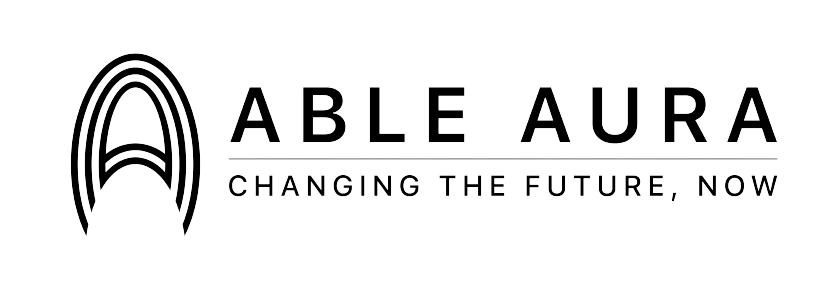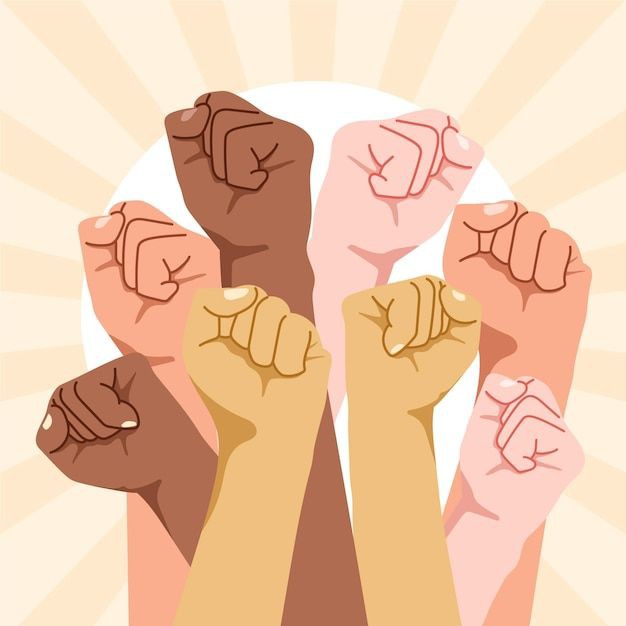Human rights are the fundamental or basic rights, which should not be taken away by any individual or government.
They comprise within its gamut :
✓ the right to life and liberty, equality,
✓right to freedom of speech and expression and movement,
✓ right to freedom of trade,
profession or business
✓ freedom of movement, thought, conscience and religion,
✓ right to work, right to education etc.
These rights cover not only civil or political but also economic, social and cultural dimensions. They aim at promoting social progress and better standards of life in larger freedom.
• The human rights movement has boldly and categorically shifted the attention of policy makers from the mere provision of charitable services to vigorously protecting their basic right to dignity and self-respect.
• In the new scenario, the disabled are viewed as individuals with a wide range of abilities and each one of them willing and capable to utilise his/her potential and talents.
Society, on the other hand, is seen as the real cause of the misery of people with disabilities since it continues to put numerous barriers as expressed in education, employment, architecture, transport, health and dozens of other activities.
• Advances in medical and surgical sciences, breakthroughs in technology, greater understanding of the causes of disability and improved methods of coping with it, increasing consciousness of civil rights and the emergence of people with disabilities displaying skills and knowledge to improve their own lives, are some of the factors which have contributed to the new thinking that the disabled deserve a dignified status in society on the same terms as the non-disabled.
• Human rights are a matter of international concern and their advocates and guardians do exercise constructive influence across geographical and cultural boundaries.
An increasing number of countries are opting for laws favourable to disabled people.
• Legislation establishes a coherent and comprehensive framework for the promotion of just and fair policies and their effective implementation.
It creates formal procedures which hasten the process of full and total integration of the disabled in the society.
• Disabled people are a vast minority group, which has been subjected to direct and indirect discrimination for centuries in most countries of the world, including India.
• In a country like India the numbers of the disabled are so large, their problems so complex, available resources so scarce and social attitudes so damaging, it is only legislation which can eventually bring about a substantial change in a uniform manner.
Although legislation cannot alone radically change the fabric of a society in a short span of time, it can nevertheless, increase accessibility of the disabled to education and employment, to public buildings and shopping centers, to means of transport and communication.
The impact of well-directed legislation in the long run would be profound and liberating.
• In order to ensure better protection of human rights of the disabled :
✓ The Persons with Disabilities (Equal Opportunities, Protection of Rights and Full Participation) Act, 1995 was put in place in order to give effect to the proclamation on the Full Participation and Equality of the People with Disabilities in the Asian and pacific Region.
✓ Chapter 6 of the Act deals with employment and contains various incidental provisions related thereto.
✓ But with the enactment, implementation is equally necessary.
° The relevant laws to the issue are as follows :
✓International Law
✓International Covenant On Economic, Social And Cultural Rights (ICESCR)
° The following provisions of the covenants are relevant :
-
Art.2 - Right to non-discrimination.
-
Art.6 - Right to work.
-
Art.7 - Right to just and favourable conditions of work.
-
Art. 9 - Right to social security.
-
Art.11- Right to adequate standard of living.

